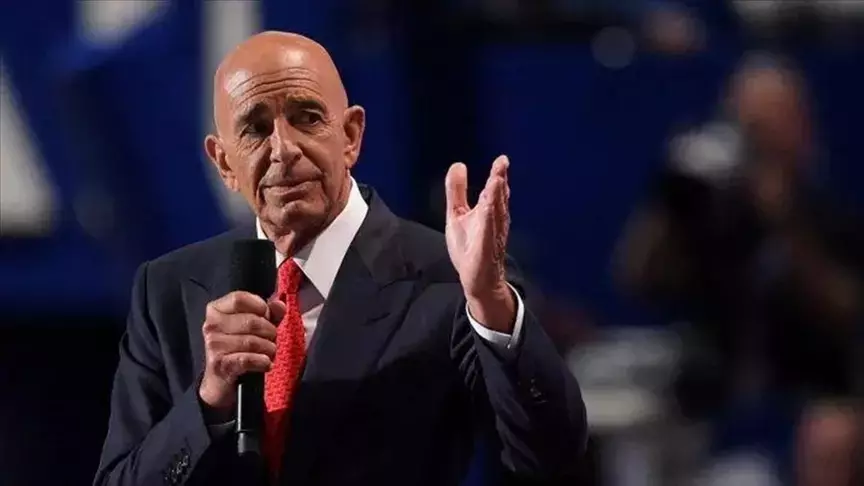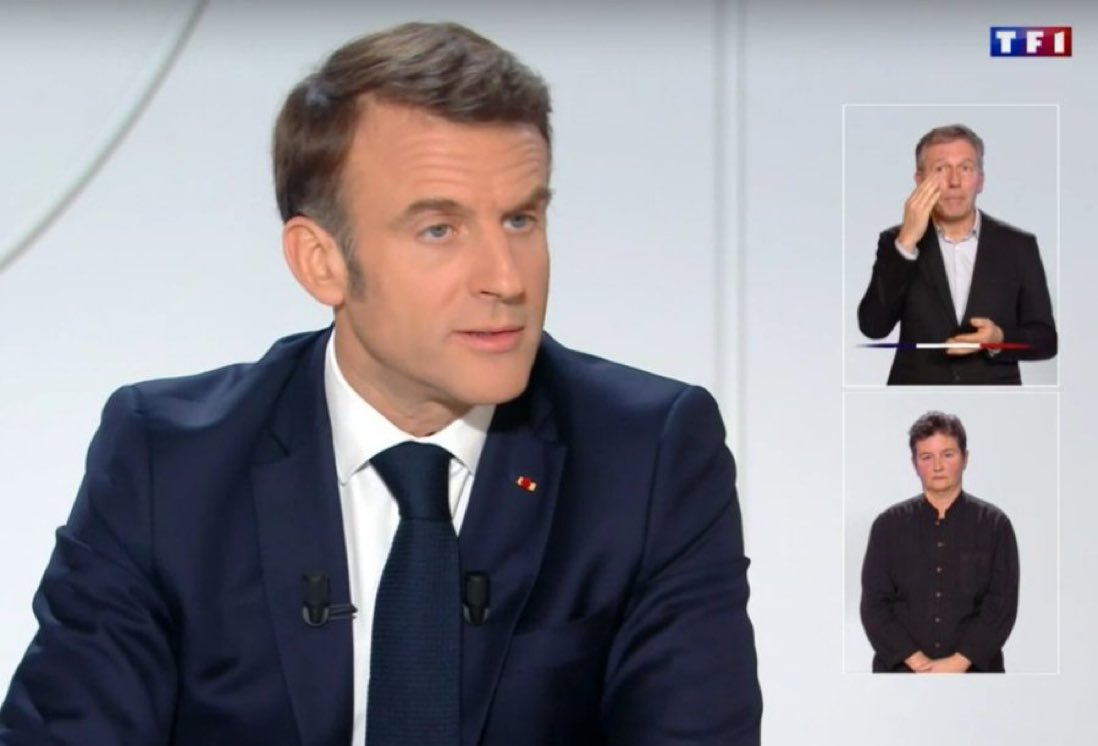The appointment of Tom Barrack as the United States Ambassador to Turkey during Donald J. Trump’s second presidential term signals a potential shift in the trajectory of U.S.-Turkey relations. Following the conclusion of Jeff Flake’s tenure under President Joe Biden, Barrack’s nomination has attracted considerable attention from both political observers and the Turkish public. The evolving geopolitical landscape, coupled with a mutual desire from both Ankara and Washington to recalibrate bilateral ties, has rendered this diplomatic post particularly consequential.
Among several candidates considered for the ambassadorship, Tom Barrack emerged as a significant choice, widely discussed in Turkish media and policy circles. Known for his moderate tone, informed perspective on Turkish affairs, and longstanding engagement with the region, Barrack’s nomination has been interpreted as both a rational and strategic decision, particularly at a time when the two nations seek to redefine the parameters of their partnership.
During his confirmation hearing before the U.S. Senate Foreign Relations Committee, Ambassador Barrack emphasized Turkey’s geostrategic importance, characterizing it as “a valuable NATO ally located at the crossroads of Europe, Asia, and the Middle East.” He acknowledged Turkey’s indispensable contributions to NATO and underlined its role as a frontline partner in the global campaign against ISIS. Additionally, Barrack highlighted Turkey’s involvement in the Black Sea Grain Initiative and its provision of unmanned aerial vehicles to Ukraine as further evidence of its growing regional influence.
In discussing security dynamics in the Eastern Mediterranean and the Middle East, Barrack recognized the controversial nature of the U.S. partnership with the YPG in Syria. While affirming the group’s operational utility in the fight against ISIS, he also acknowledged its affiliation with the PKK, designated as a terrorist organization by both Turkey and the United States. Barrack further identified Turkey as a critical partner within the broader U.S. strategy to contain Iranian influence.
Economically, Barrack projected that U.S.-Turkey trade could potentially expand to $100 billion, provided that structural obstacles and political tensions are addressed. He also drew attention to Turkey’s significant mineral wealth and its potential to serve as a strategic counterweight to China in emerging African markets. In this regard, he suggested that Turkey could function as both a geopolitical buffer against Russia and a strategic interface in the context of global competition with China.
On matters concerning human rights and democratic governance, Barrack adopted a cautious and non-interventionist stance. While he refrained from commenting on specific domestic political developments, such as the judicial proceedings against Istanbul Mayor Ekrem İmamoğlu, he noted that he would remain attentive to the views of the U.S. Congress on such issues.
In conclusion, Ambassador Tom Barrack’s diplomatic posture reflects a pragmatic recalibration of U.S. foreign policy toward Turkey. His emphasis on strategic cooperation, regional stability, and economic potential suggests a renewed commitment to constructive engagement, while his measured rhetoric on sensitive domestic issues reveals an intent to balance American normative values with the imperatives of realpolitik.
Written by UMUT GÜNER



